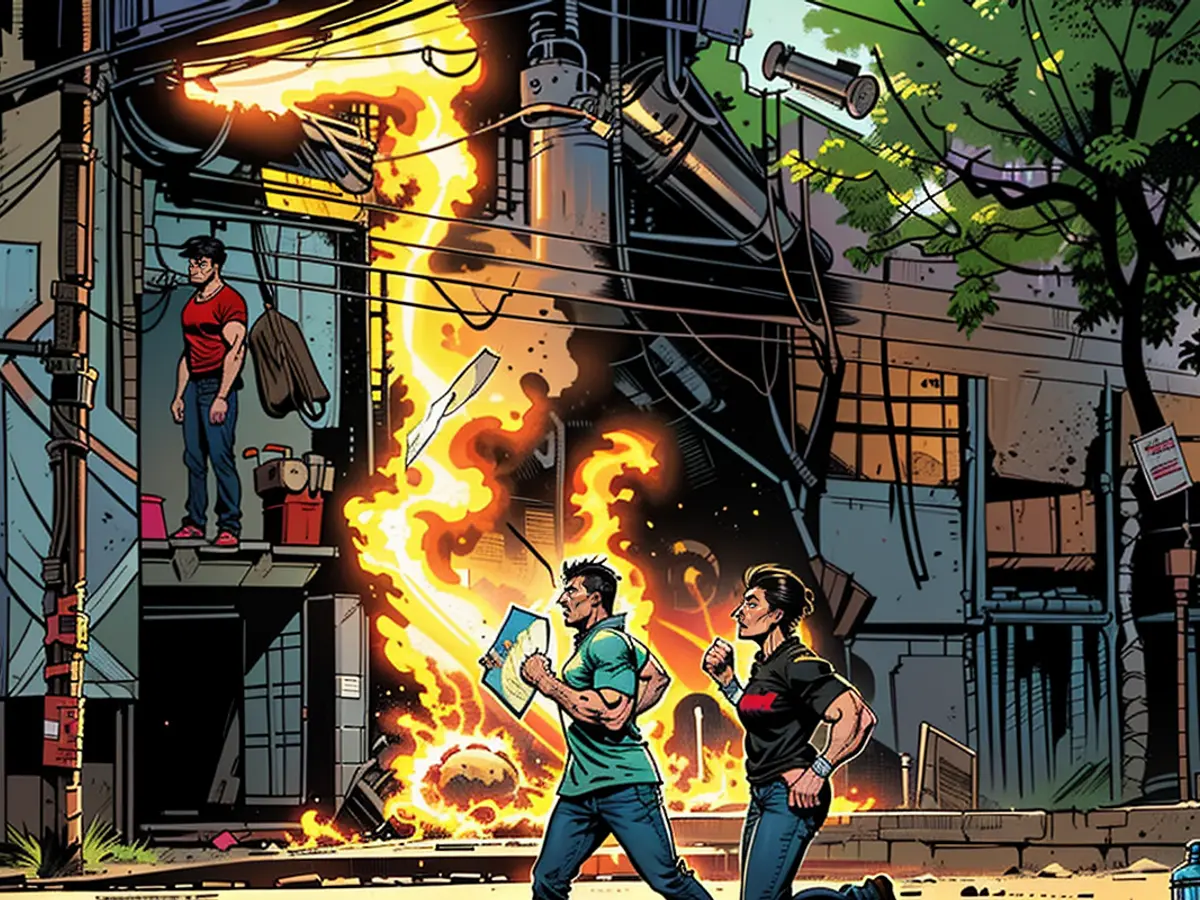- Media: Nearly 100 dead in riots in Bangladesh
In Bangladesh, clashes between protesters and security forces have resulted in nearly 100 deaths, according to local media. The English-language "Daily Star" newspaper reports 90 deaths, while "Prothom Alo" reports 99 deaths during anti-government protests in the capital Dhaka and other parts of the South Asian country. Among the dead are 14 police officers, and many others are injured. No official figures have been released yet.
The Ministry of Home Affairs has tightened the previously eased curfew. Observers report that internet access has been partially cut off, affecting social networks and messaging services like Facebook, Instagram, and WhatsApp.
Why are people taking to the streets?
Protesters are now demanding the resignation of Prime Minister Sheikh Hasina, who they say is ruling in an authoritarian manner. The protests began in July against the reintroduction of a controversial quota system in the public service, which has since been withdrawn. Official figures say around 150 people died in the initial protests.
On Saturday, protesting students called for civil disobedience and rejected the government's offer for dialogue. Many businesses remained closed, and further actions are planned for Monday.
Under Hasina's leadership, Bangladesh, a poor, predominantly Muslim country, has experienced economic growth. However, high inflation has recently been a concern. The country of over 170 million people also struggles with high unemployment.
Human rights organizations accuse Hasina of targeting her opponents and critics, detaining thousands of them. They also allege that freedom of speech and press has suffered under her rule.
In response to these alleged human rights violations and authoritarian rule, the unrest among the populace has persisted. The prolonged demonstrations against Prime Minister Sheikh Hasina's administration shows no signs of abating.








